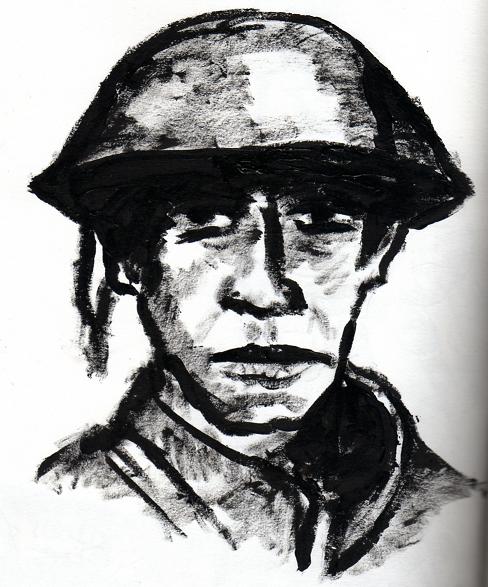The search for answers to simple or complex problems is not always found in a book. Theology refers to the body of knowledge most associated with the quest for meaning or inner peace. This activity is generated from within the person and is innate to every human being.
Theology, by definition, is the science concerned with the nature of God, His existence, character, and influence on the world. More to the point, theology serves as a therapeutic psychology and pseudo-counseling which reveals care for the human soul with emphasis on the healing and change process. Theology is a scientific discipline, with its own principles of inquiry and methods for arriving at correct conclusions.
When one is searching for answers to life’s difficult questions or trying to find meaning in chaos, we are all theologians to a certain degree. If you think about a higher being, about how that higher being interacts with your life, and about how that higher being relates to the pain in the world, then you have theologically oriented thoughts—regardless of whether you practice a particular religion.
At is core, the study of theology helps provides answers to the “big questions” such as: Who am I? Why am I here? What is the meaning of my life? Why do I suffer? What meaning is there in my suffering? These are often the questions that are embedded in many counseling concerns. So, when you are working with someone, and your therapeutic conversation drifts into these areas, then theological inquiry is potentially on the table.
The journey to self-healing is rife with theological themes that run through biblical narratives centering on finding meaning in the trials and tribulations of others. Suffering is one such theological theme or thread that weaves its way throughout Scripture. Other more obvious themes include forgiveness, repentance, reconciliation, faithfulness, justice, and showing love to “enemies.” Questions to ask include: Where do tensions exist? How does one navigate these tensions so that the client’s goals are not lost and personal theological commitments not compromised?
Source(s): Biola University Center
